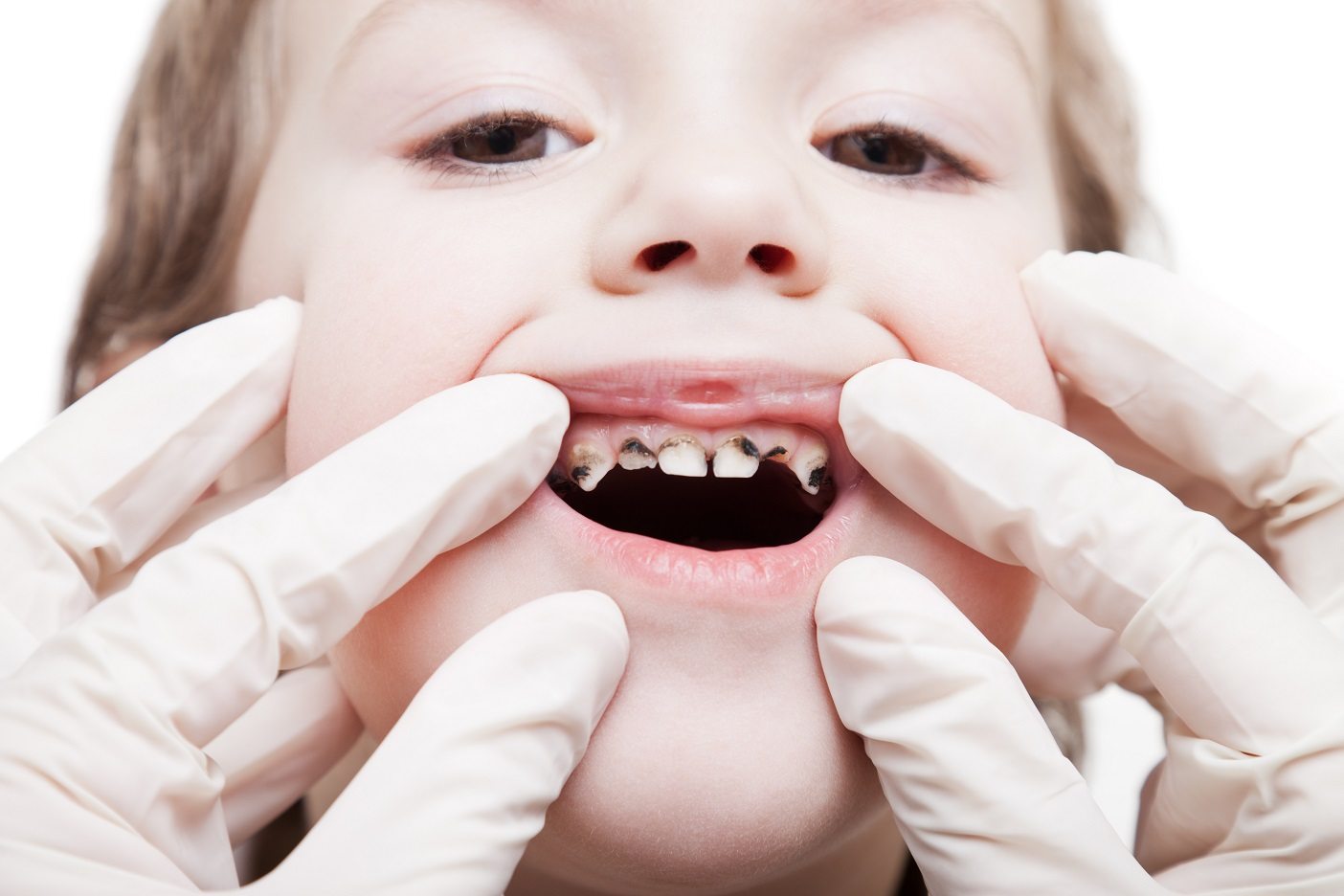Dental Treatments to Prevent Tooth Decay

Tooth decay is the second most common oral health problem. Gum disease is more common and is discussed in a separate blog. The good thing about gum disease and tooth decay is that they are both preventable diseases.
Tooth decay is caused by bacteria. The mouth is an environment filled with different bacteria, some that are helpful and others that are harmful. A fine balance between these bacteria ensures good oral health. Saliva helps to keep the bacteria from harming your teeth and gums.
The balance can be negatively affected by sugar-containing foods which feed bacteria allowing them to produce acids. The acids are destructive to tooth enamel seeping through the enamel by breaking down minerals. The erosion of tooth enamel exposes the inner layers of teeth. Pain is a symptom of tooth decay once nerve endings are exposed.
Dentists have an enormous range of ways to repair the damage caused by tooth decay. Fillings, root fillings, inlays and crowns all rebuild the destroyed tooth structure but none of them prevent new decay. A repaired tooth is often more susceptible to decay and new decay often attacks teeth previously repaired with fillings and crowns requiring repeated dental treatment and replacement fillings and crowns on the same tooth. If this pattern is allowed to continue then each successive repair for a tooth becomes larger, more complex, more costly and less predictable than the last until eventually a tooth becomes impossible to repair requiring extraction.
How to Prevent Tooth Decay
The first line of prevention is reducing how often you consume sugar. Sugar feeds the bacteria that cause tooth decay. The more frequently someone eats or drinks sugary things the greater that person’s risk of developing cavities.
Fluoride is a naturally occurring element that serves to prevent decay in multiple ways. The Midlands is one of a minority of regions in the U.K. that has low dose fluoride added to tap water. Children who drink tap water containing this low dose fluoride benefit greatly as the fluoride is incorporated into their teeth as they are formed making them much more resistant to decay. Teeth stop forming at around 14 years of age so older children and adults no longer benefit from drinking more fluoride in tap water but the fluoride incorporated into teeth as they formed remains there for life so adults continue to benefit from the fluoride they drank in their tap water as a child. Children who spend their formative years in parts of the world without fluoride in the tap water, or who are not given tap water to drink, will not receive these benefits.
Fluoride is added to most toothpaste and mouthwash as an ingredient to prevent decay and heal early decay. It is added at varying concentrations for various ages of user but in mouthwashes it is usually at a concentration around 400x greater than in tap water and in toothpaste it is usually around 1400x greater than in tap water.
If someone is suffering out of control tooth decay then their dentist can prescribe a specialist toothpaste with more fluoride to provide additional decay healing and prevention. These specialist teethpastes are not available without a dentists prescription One, designed for long term use, contains 2800x the fluoride concentration of tap water and another, designed for short term use with 5000x the fluoride concentration of tap water.
We routinely apply a fluoride varnish to all children at their checkup to toughen their teeth against decay and reduce their decay risk. The fluoride varnish we use is 22600x the fluoride concentration of tap water.
A dental sealant is often a very thin layer of resin that is brushed onto the surface of your teeth to ensure that enamel is not attacked by bacteria. They dramatically reduce the risk of getting decay in the ‘hard to clean’ grooves and fissures on the chewing surfaces of your teeth and can last for a period of 10 years or more.
- Low-Level Laser Treatment
Low-Level Laser Devices are used to detect early decay before a hole has a chance to form. Low level laser treatment is also used to kill bacteria that cause decay avoiding more extensive drilling.
Free Consultation
To download a voucher for a consultation to discuss any of the issues covered; click below.
Free Consultation 

Dr Ashley Davenport BDS MFGDP(UK)
I qualified as a dentist in 1995 and can honestly say that I have been doing a job that I love for the past 20 plus years. Most people who know me well know that dentistry is a passion for me and that if I won the lottery I would still want to have some dentistry in my life. I get huge satisfaction from treating patients and making a difference to ...
View full bio
Dr Catherine Myatt BDS MFGDP(UK)
Cath joined the practice as a dentist in 2002. She and Ashley met on their postgraduate Vocational Training course in Birmingham when they ended up working at the same practice in West Bromwich. When Ashley was looking for an associate at Balsall Common Dental Practice, Cath came to take the role and she has been here ever since. In 2017 Cath...
View full bio









